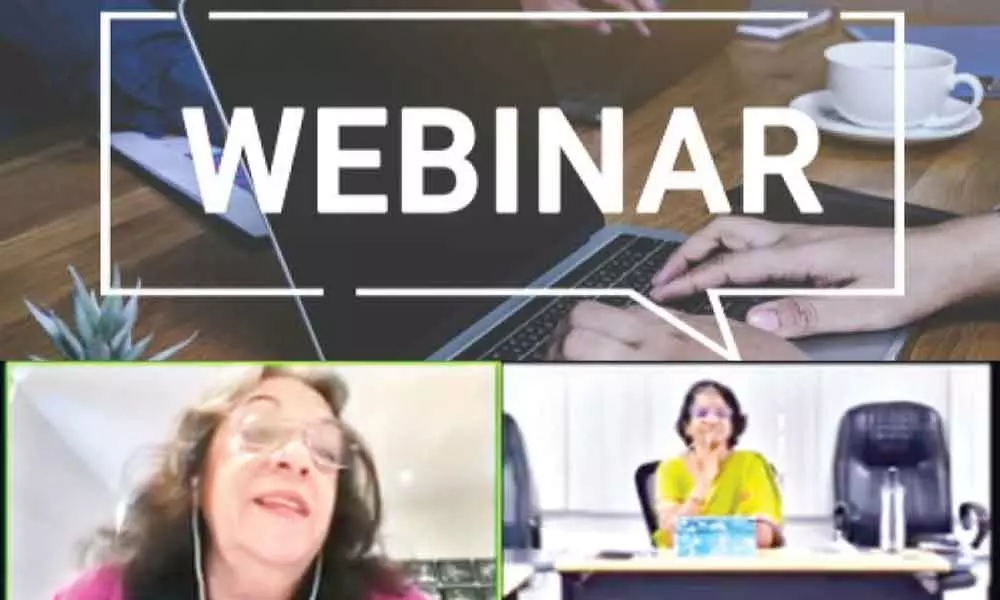Hyderabad: Need for paradigm shift in human security studies

UoH holds a webinar on the issue ahead of launch of MA programme in Human Security
UoH holds a webinar on the issue ahead of launch of MA programme in Human Security
Hyderabad: "Human Security is not soft power because soft power is used to influence behaviour of others whereas human security is to do with people's well-being.
In the first report on human security, it was defined as: 'the freedom from want and freedom from fear. So the question is, have the leaders and regime really shifted their attention to human security? Why is human security so important? Why do policy makers need to shift their attention to the human security paradigm?" Professor Anuradha Chenoy said in a keynote address at the inaugural session of a webinar organised by School of Social Sciences, University of Hyderabad (UoH) on Wednesday.
The keynote address was a part of the preparatory webinar for MA in Human Security, that is expected to launch in June 2021 under the Institution of Eminence (IoE) scheme of UoH. Continuing her address, Prof Chenoy said, "Analysis, statistics, logistics, visuals, evidences and anecdotes suggest that the international system is embedded in multiple traps, for instance: the pandemic and health crisis, economic recession and unemployment widening social inequalities, climate change and ecological disasters, anxiety and distress on people, response of states to cure these aspirations is often either to blame some other, civil wars, aggression on borders, regional conflict have continued to grow and therefore, all of these raise my first argument that the case of human security at this conjecture is so necessary for survival itself. My argument is that traditional security no longer can handle these threats.
Further the paradigm of traditional security reflects hegemonic narratives, while human security and non-traditional security are especially beneficial to both people and states in third world countries like India and the state needs to realize that."
Addressing the question of Dr Alka Parashar Sen, former professor at Department of History, UoH, Prof Chenoy elaborated on how societies should handle the question of the "others" and said, "We are the others.
The point of others comes when we don't see similarity between them and us. Others can be migrants, women, class and caste is the other, religion minorities can be other. This brings us to the point that nature, humanity, human beings, society are plural. We must show that the other should not be stigmatized, we should not see it's a threat and they should not be placed inferior."














